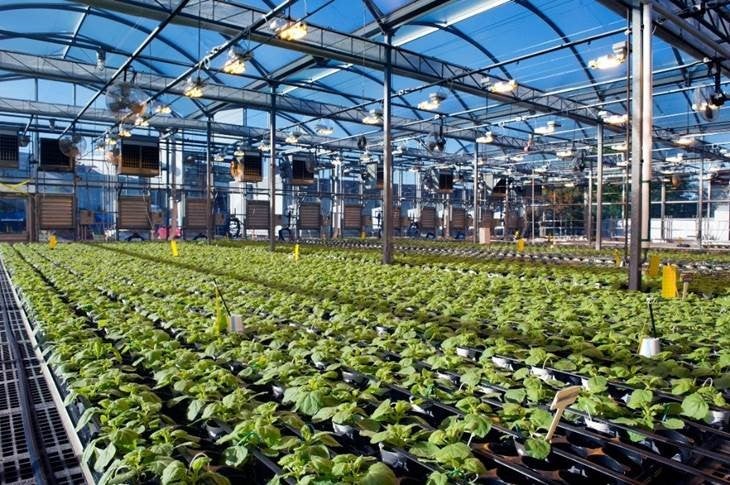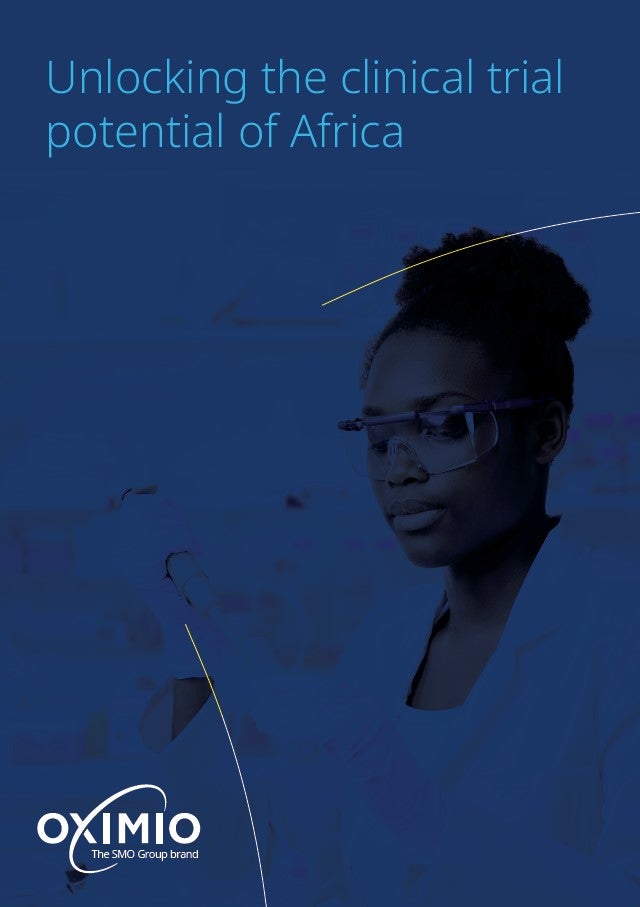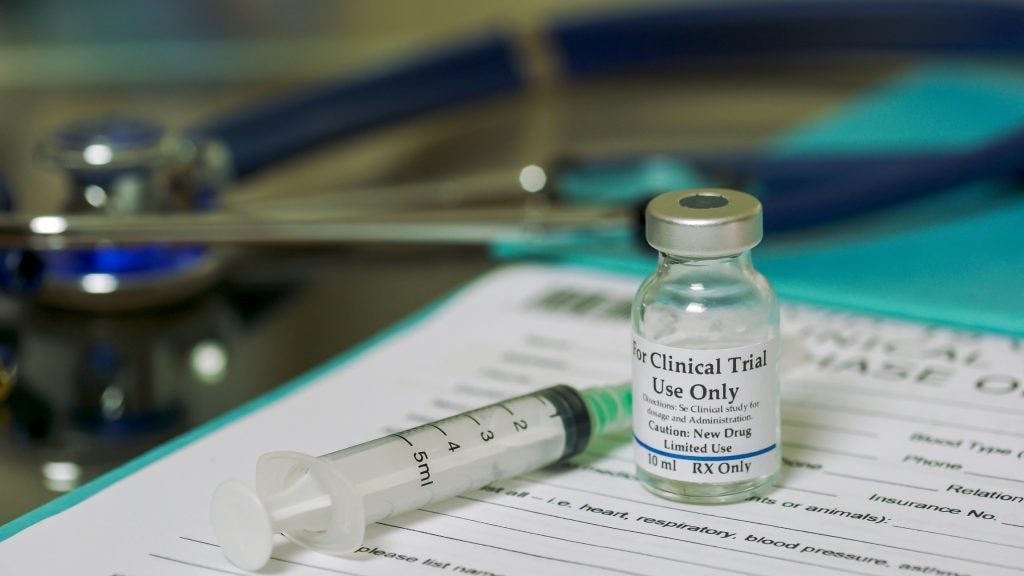
Medicago will initiate a study investigating its virus-like particle (VLP) Covid-19 vaccine as a booster dose in January, medical officer Brian Ward says. The trial will recruit in the range of 1,000 participants who previously received Medicago’s vaccine or the most common authorised vaccines in the US and Canada, he adds.
The booster trial will be powered to study the immunogenicity of Medicago’s vaccine CoVLP, Ward told this news service. It could include sites in the US, Canada, Argentina, and Brazil, he says, adding additional trial details will be deposited on ClinicalTrials.gov within the next two weeks.
In addition to the version investigated in a Phase III trial (NCT04636697), the booster study will also study a tweaked version of Medicago’s vaccine, Ward adds. The modified vaccine will share many mutations with the Omicron (B.1.1.529) variant, he explains. Medicago’s vaccine features the spike protein of SARS-CoV-2, and an adjuvant by GlaxoSmithKline.

As western countries reach their ceilings of primary Covid-19 vaccination rates, many vaccine makers have shifted their focus toward booster doses. A GlobalData consensus forecast estimates CoVLP peak sales of $421 million in 2026.
Phase III trial results revealed
Yesterday (December 7), Medicago announced data from its Phase III trial which recruited over 24,000 participants. Data shows its vaccine was 71% effective against all Covid-19 variants. The primary endpoint was laboratory-confirmed (virologic method) symptomatic SARS-CoV-2 infections.
How well do you really know your competitors?
Access the most comprehensive Company Profiles on the market, powered by GlobalData. Save hours of research. Gain competitive edge.

Thank you!
Your download email will arrive shortly
Not ready to buy yet? Download a free sample
We are confident about the unique quality of our Company Profiles. However, we want you to make the most beneficial decision for your business, so we offer a free sample that you can download by submitting the below form
By GlobalDataThe Omicron variant began circulating too recently to appear in this Phase III analysis, Ward says. But not a single virus isolated in the study was from the original variant first detected in Wuhan, he adds.
Based on Phase III results, Medicago has said it will imminently apply for approval with Health Canada. Currently, it only has a purchasing agreement with Canada, which includes an initial 20 million doses and the option to purchase an additional 56 million. Medicago has a US FDA fast track designation and is in discussions with the UK’s MHRA and the EU’s EMA, Ward adds.
In general, the allure behind VLP vaccines is that the particle is studded with multiple copies of an epitope, such as the SARS-CoV-2 spike protein, says University College Cork vaccines principal investigator Anne Moore. As a result, the immune system is more likely to detect them, she adds. “With VLPs, it only has the protein that you want.”
Medicago’s Ward notes: “When you inject the vaccine, it gets into the draining lymph nodes and interacts with the immune system, very much like a virus does.”
Medicago uses plant-based production
Downstream manufacturing of Medicago’s vaccine—such as centrifugation and purification—are like other recombinant vaccine technologies, Ward said. But Medicago uses Nicotiana benthamiana plants in a greenhouse as “bioreactors” to produce antigens, he added.
Medicago performs most of its manufacturing at a major commercial facility in North Carolina. But by 2023 or 2024, Medicago plans to open a larger, global facility in Quebec City, Canada, which will dramatically scale up its production capacity, Ward notes.
Medicago has had to adjust its trial recruitment strategy in response to shifting vaccine dynamics. Initially, it planned to recruit around one-third of its subjects in the US and UK, Ward says. But high vaccination rates led the company to shift its recruitment focus to Brazil, Argentina, and Mexico, he notes.
There were also concerns over the ethics of running a placebo-controlled vaccine study as vaccine access rose, Ward says. As a result, Medicago used a protocol that allowed subjects to be unblinded at any time to take another vaccine, he says.
With additional reporting by Reynald Castaneda








